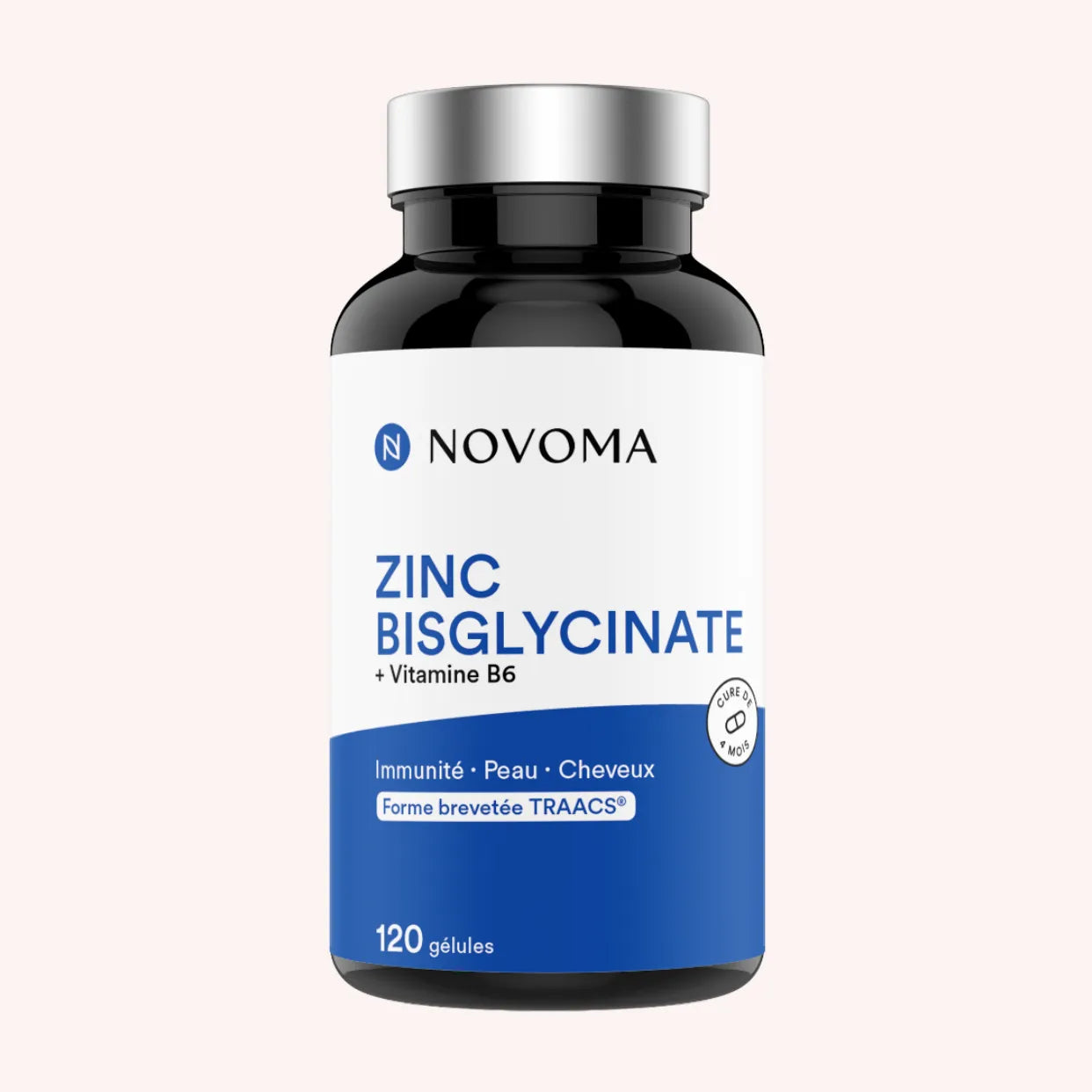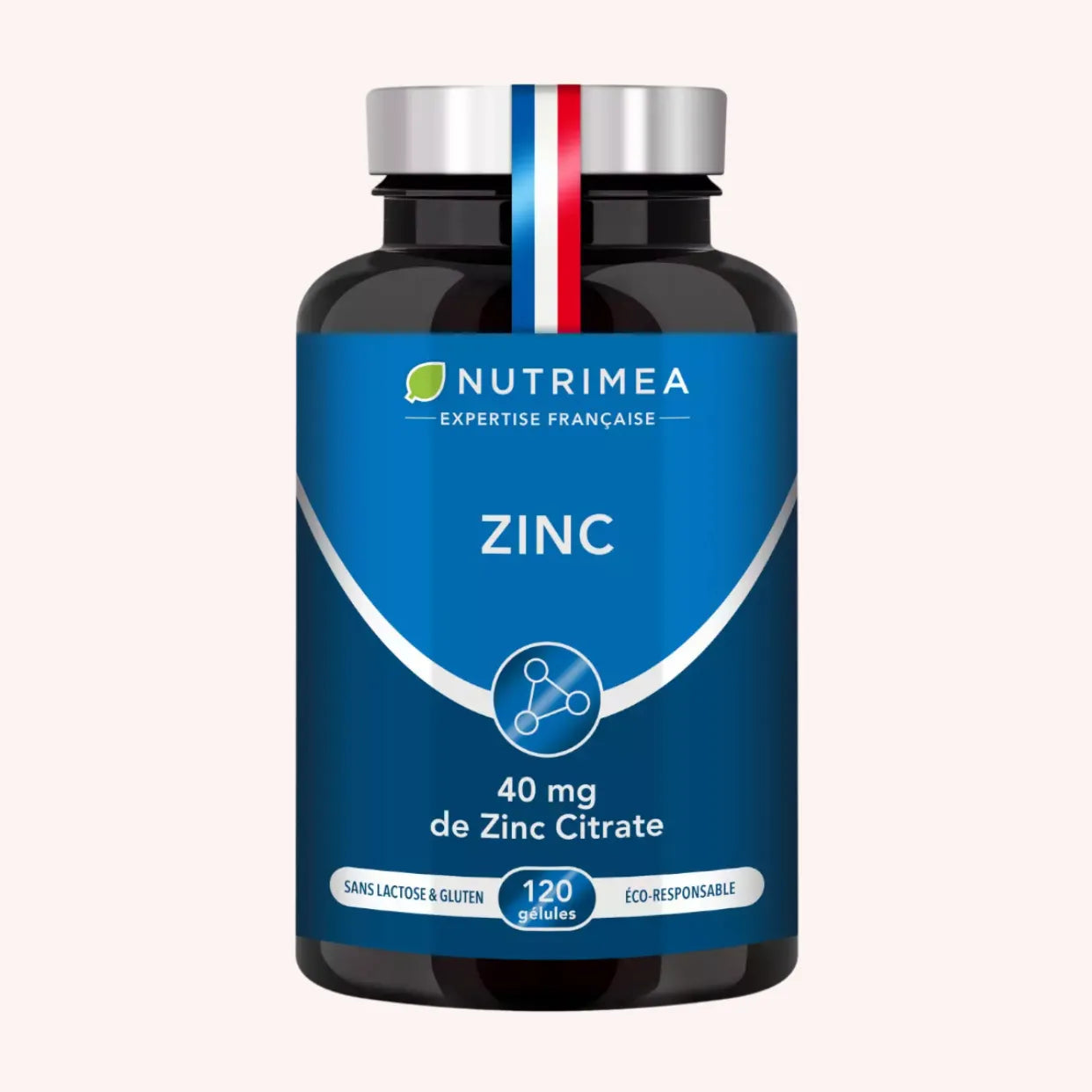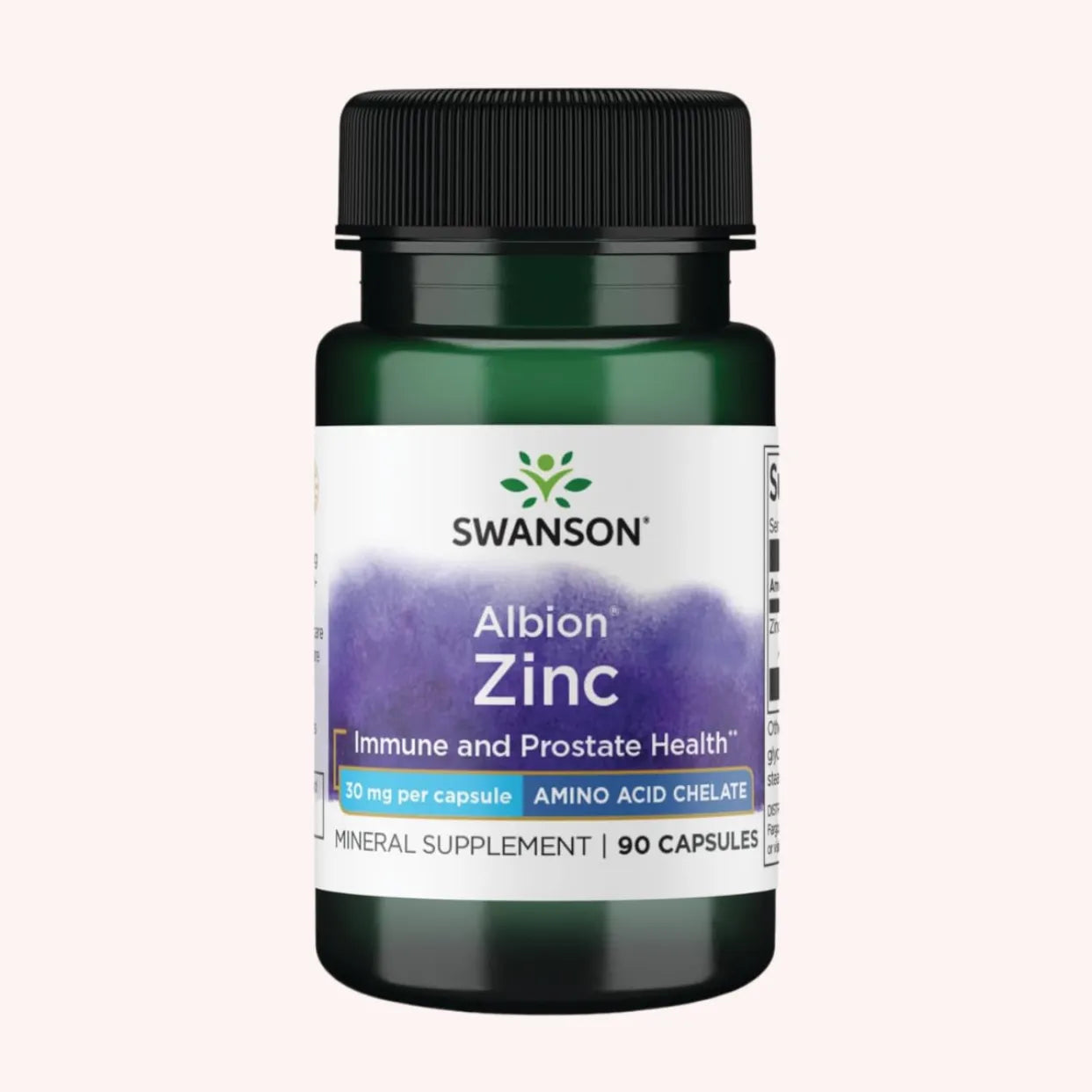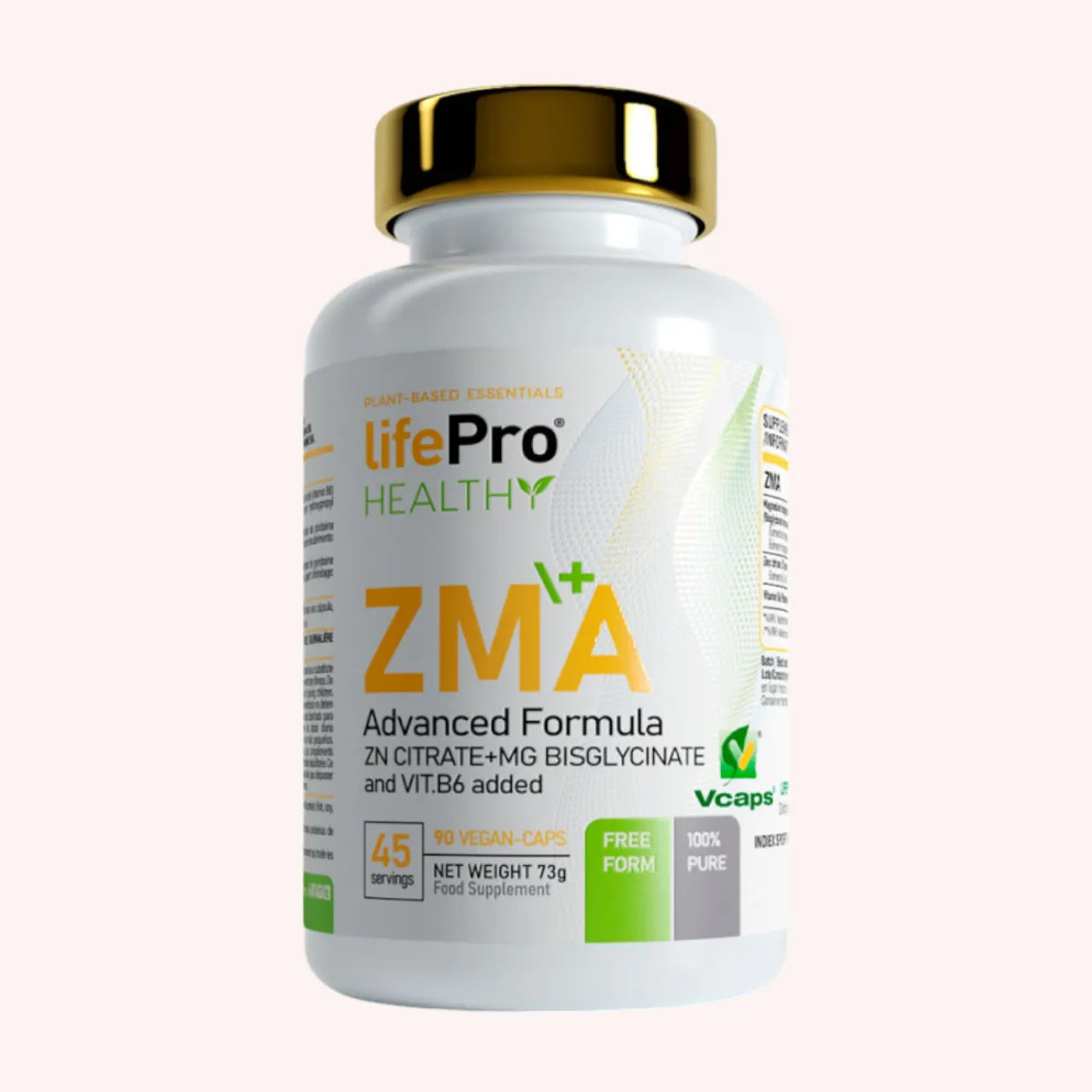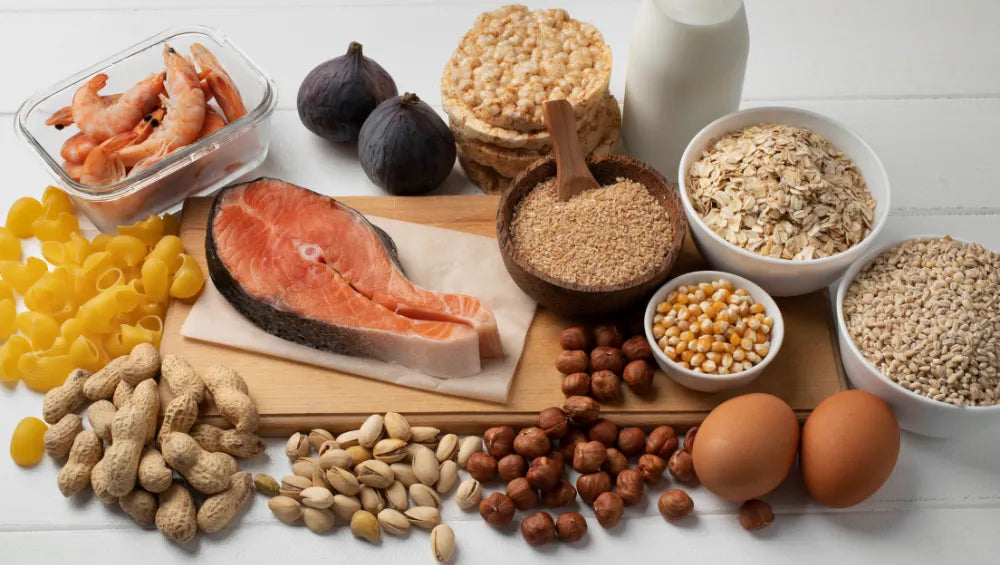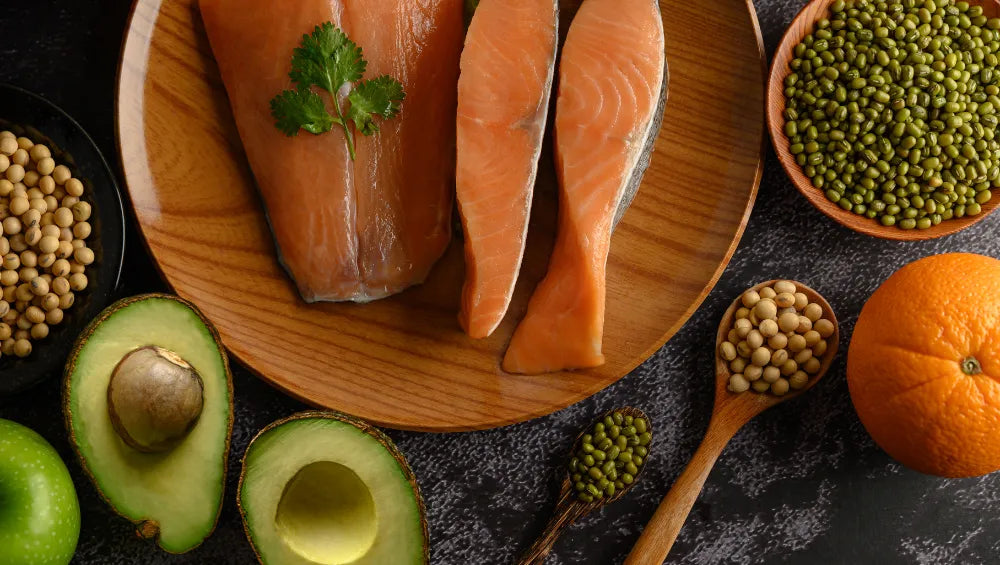Zinc is an essential trace mineral that plays a fundamental role in many metabolic functions. In bodybuilding, it stands out for its effects on testosterone production, muscle recovery, and performance enhancement.
Although often overlooked, zinc deserves special attention for athletes and bodybuilding enthusiasts looking to maximize their results.
Zinc, a key nutrient for athletes
Zinc is involved in over 70 enzymatic reactions in the human body. In bodybuilding, its role is essential for several reasons:
Stimulation of testosterone production
Testosterone is the ultimate anabolic hormone, essential for muscle growth and recovery after exercise. Zinc acts directly on the hypothalamus-pituitary-testes axis, promoting the production of this key hormone. It also limits the conversion of testosterone to estrogen, enhancing its beneficial effects on muscle growth.
Muscle recovery
After an intense workout, muscles need time to regenerate. Zinc supports this process by stimulating protein synthesis and facilitating muscle fiber repair. This is an important factor for athletes who engage in regular, intense training.
Immune support
Intense training can weaken the immune system. Zinc contributes to the proper functioning of the immune system, allowing athletes to stay healthy and maintain a sustained training pace.
The benefits of zinc in bodybuilding
Zinc is an essential trace mineral for bodybuilders, due to its involvement in numerous biological processes. Here's how it supports your fitness goals:
Improved physical performance
Zinc plays a key role in maintaining physical performance. A zinc deficiency can compromise muscle strength, endurance, and the ability to perform over long periods of time. Athletes who maintain optimal zinc levels can reach their full potential during training. By helping to regulate testosterone, a hormone essential for athletic performance, zinc helps support the intensity and duration of training sessions.
Additionally, zinc acts on enzymes involved in cellular energy production, promoting better nutrient utilization to fuel working muscles. This energy boost supports intense exercise while delaying muscle fatigue.
Optimizing muscle recovery
After an intense workout, muscle recovery is a key factor in progressing in bodybuilding. Zinc plays an essential role in cell regeneration, particularly by promoting the repair of muscle fibers damaged by exercise. It also helps reduce inflammation levels in the body, thus limiting muscle soreness (DOMS) and accelerating the return to optimal muscle condition.
Thanks to its antioxidant properties, zinc neutralizes free radicals produced during intense physical exercise, protecting muscle cells from oxidative stress. This protection improves overall recovery and prepares the body for upcoming workouts.
Support for muscle growth
Muscle growth, or hypertrophy, relies on an optimal balance between training, nutrition, and regeneration. Zinc, by supporting testosterone production, stimulates protein synthesis, a process necessary for building muscle mass. It also acts on cell signaling pathways, such as the mTOR pathway, which directly regulate muscle adaptation to exercise.
Zinc supplementation can act as a catalyst for maximizing lean mass gains, especially when combined with a tailored training program and a balanced diet. In other words, zinc optimizes the effectiveness of workout efforts and amplifies visible results over the long term.
Ease of integration thanks to food supplements
To ensure a regular intake of zinc, athletes can include a healthy dietary supplement in their daily routine. These supplements, often formulated for optimal absorption, help meet the specific needs of bodybuilders, especially during periods of high-intensity training. In addition to addressing any potential deficiency, they offer a practical solution for reaping all the benefits of zinc.
Zinc-Rich Foods for Better Performance
To optimize your zinc intake, you can choose foods that are naturally rich in this trace element. Here are some examples:
| Food | Zinc content (mg per 100g) |
| Oysters | 39 mg |
| Wheat germ | 16.7 mg |
| Beef | 9.2 mg |
| Pork meat | 3.5 mg |
| White beans | 3.5 mg |
| Chicken | 3 mg |
These foods, in addition to being sources of protein, provide a natural zinc intake. However, for athletes with increased needs due to their activity, using mineral supplements may be a suitable solution.
Zinc and supplementation: What approach should you adopt?
If your diet isn't enough to meet your needs, zinc supplementation may be beneficial. Zinc supplements are available in several forms:
- Tablets: Convenient and easy to dose.
- Powder: Ideal for protein shakes.
- Gummies: A pleasant and tasty option.
To maximize benefits, it is recommended to take zinc supplements between meals. This allows for optimal absorption, especially when taken with protein. However, it is important to adhere to the recommended doses (approximately 11 mg/day for an adult male) to avoid any adverse effects.
Precautions and limitations
As with any supplement, excessive use of zinc can lead to side effects, including:
- Digestive disorders such as nausea and diarrhea.
- Interference with other minerals , such as copper, can cause deficiency.
It is therefore essential to consult a healthcare professional before starting any supplementation. Excessive zinc intake can also alter the body's natural mineral balance.
Zinc, an essential ally for your goals
In short, zinc is more than just a trace mineral—it's a real asset for bodybuilders. By boosting testosterone production, speeding recovery, and supporting performance, it's a valuable addition to any workout routine. Whether you choose zinc-rich foods or a health supplement , it's important to maintain adequate levels to maximize your results while maintaining a balanced diet.
For optimal performance, take a holistic approach that combines a balanced diet, tailored training, and zinc supplementation when needed.
Sources:
-
Mocchegiani E, et al. “Zinc: dietary intake and impact of supplementation on immune function in elderly.” Age (Dordr). 2013 Jun;35(3):839-60. doi:10.1007/s11357-011-9377-3. PMID: 22222917.: https://pubmed.ncbi.nlm.nih.gov/22222917/
-
Saper RB, Rash R. “Zinc: an essential micronutrient.” Am Fam Physician. 2009 May 1;79(9) :768-72. PMID: 20141096.: https://pubmed.ncbi.nlm.nih.gov/20141096/
-
Read SA, et al. “The Role of Zinc in Antiviral Immunity.” Adv Nutr. 2019 Jul 1;10(4) :696-710. doi:10.1093/advances/nmz013. PMID: 31305906.: https://pubmed.ncbi.nlm.nih.gov/31305906/
-
Iqbal S, et al. "Zinc status or supplementation and its relation to soil-transmitted helminthiasis in children: A systematic review." Parasite Immunol. 2024 Jan;46(1) :e13015. doi:10.1111/pim.13015. PMID: 37846743.: https://pubmed.ncbi.nlm.nih.gov/22222917/





